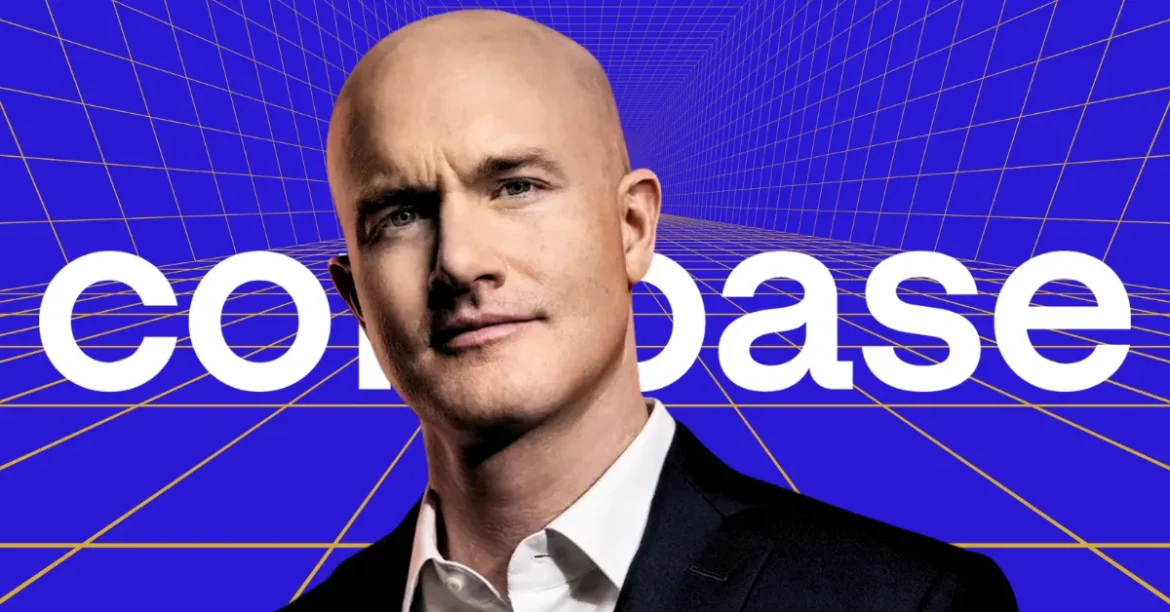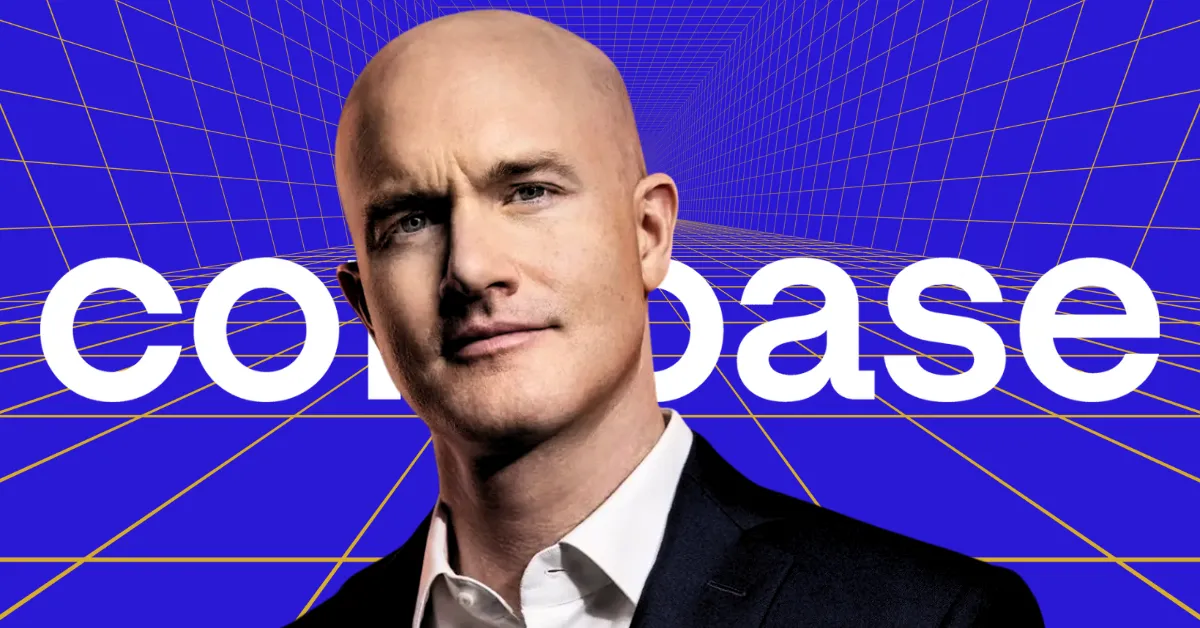The GENIUS Act: A New Dawn for Crypto or a Faustian Bargain?
Introduction: The Digital Financial Frontier
The cryptocurrency landscape is abuzz with the recent enactment of the GENIUS Act, a legislative milestone that has sparked both optimism and skepticism. President Donald Trump’s signing of this bill has been met with fervent celebrations from crypto enthusiasts, who see it as a pivotal moment for the industry. However, beneath the surface of this regulatory triumph lies a labyrinth of implications that demand a meticulous examination. The GENIUS Act, an acronym for “Government Endorsement of National Innovation in Unstable Securities,” aims to provide a comprehensive regulatory framework for stablecoins, a subset of cryptocurrencies pegged to stable assets like the U.S. dollar. While proponents herald it as a catalyst for financial revolution, critics warn of potential pitfalls that could undermine its intended benefits.
Decoding the GENIUS Act: A Regulatory Blueprint
The GENIUS Act is designed to address the regulatory vacuum surrounding stablecoins, which have gained significant traction in recent years. Stablecoins offer the advantages of cryptocurrencies—such as speed, efficiency, and accessibility—while mitigating the volatility typically associated with digital assets. The Act’s primary objectives include:
Legitimizing Stablecoins
By establishing a legal framework, the GENIUS Act formally recognizes stablecoins as legitimate digital assets. This recognition is crucial for fostering trust and encouraging wider adoption. The Act provides a clear definition of stablecoins and outlines the conditions under which they can operate, thereby reducing legal ambiguities that have previously hindered their growth.
Establishing Regulatory Standards
The Act sets forth stringent regulatory standards for stablecoin issuers, covering critical aspects such as reserve requirements, capital adequacy, and consumer protection. These standards aim to ensure that stablecoins are backed by sufficient reserves, typically in the form of U.S. dollars or other stable assets. Additionally, the Act mandates regular audits and transparency reports to maintain public confidence in the stability and reliability of these digital currencies.
Fostering Innovation
Proponents argue that the GENIUS Act will unlock innovation and investment in the stablecoin market. By providing regulatory clarity, the Act removes a significant barrier to entry for new players, encouraging competition and driving technological advancements. This, in turn, is expected to lead to the development of innovative financial products and services that leverage the unique properties of stablecoins.
Promoting U.S. Leadership
The Act is positioned as a strategic move to establish the U.S. as a global leader in the crypto space. By creating a favorable regulatory environment, the U.S. aims to attract crypto businesses and talent from around the world. This influx of expertise and investment is expected to solidify the country’s position as a hub for digital asset innovation, ensuring American control over this emerging technology.
The Promise of a Financial Revolution: A Coinbase Perspective
Coinbase CEO Brian Armstrong has been a vocal advocate for the GENIUS Act, characterizing it as the “start of a financial revolution.” His enthusiasm stems from the belief that regulatory clarity will unlock the full potential of stablecoins, leading to widespread adoption and transforming the financial landscape. Armstrong envisions a future where stablecoins are seamlessly integrated into everyday transactions, offering a practical alternative to traditional payment methods.
Widespread Adoption
Armstrong anticipates that the stability and regulatory backing of stablecoins will make them a preferred choice for consumers and businesses alike. The ability to conduct transactions quickly and securely, without the volatility of traditional cryptocurrencies, is expected to drive adoption across various sectors, from retail to international trade.
Maintaining Dollar Dominance
By ensuring that stablecoins are backed by the U.S. dollar, the GENIUS Act is seen as a means to maintain the dollar’s global dominance in the digital economy. This is particularly significant in the context of rising competition from other digital currencies, including central bank digital currencies (CBDCs) like China’s digital yuan.
Benefiting Coinbase
Clear regulations provide a foundation for Coinbase to expand its stablecoin-related services. As a leading crypto exchange, Coinbase stands to benefit significantly from the increased adoption and institutional investment that the GENIUS Act is expected to bring. This, in turn, could solidify Coinbase’s position as a dominant player in the crypto market.
A Critical Eye: Potential Pitfalls and Concerns
While the GENIUS Act is celebrated by many, it also raises significant concerns that warrant careful consideration. The Act’s potential pitfalls include:
Risk of Centralization
The regulatory framework established by the Act could favor large, well-established financial institutions, potentially stifling innovation from smaller players. This centralization could lead to a concentration of power within the stablecoin market, undermining the decentralized ethos that underpins many cryptocurrencies. Additionally, the Act restricts large technology firms that are not primarily financial in nature from directly issuing stablecoins, unless they partner with regulated financial entities. This restriction could limit competition and innovation from non-financial tech giants.
Oversight and Enforcement Challenges
Effectively regulating stablecoins requires robust oversight mechanisms and the ability to enforce compliance. Ensuring that stablecoin issuers maintain adequate reserves and adhere to consumer protection standards will be a complex and ongoing challenge. Regulators will need to develop sophisticated monitoring tools and procedures to detect and prevent fraudulent activities, such as the misappropriation of reserves or the issuance of unbacked stablecoins.
Conflict of Interest Allegations
Trump’s support for the GENIUS Act has drawn scrutiny due to his potential personal financial gains from the cryptocurrency industry. Concerns have been raised about whether his policies are driven by the public interest or by his own economic interests. This perception of conflict of interest could undermine public trust in the Act and the broader regulatory framework.
National Security Risks
The GENIUS Act could create vulnerabilities that could be exploited by adversaries to undermine the U.S. financial system. The anonymity afforded by some cryptocurrencies raises concerns about money laundering, terrorist financing, and other illicit activities. Regulators will need to implement stringent anti-money laundering (AML) and know-your-customer (KYC) procedures to mitigate these risks.
Impact on Monetary Policy
The widespread adoption of stablecoins could potentially impact the Federal Reserve’s ability to control the money supply and implement monetary policy. If a significant portion of the economy relies on stablecoins, the Fed’s traditional tools for managing inflation and economic growth may become less effective. This could necessitate a reevaluation of monetary policy frameworks to accommodate the growing influence of stablecoins.
The Geopolitical Dimension: A Race for Crypto Supremacy
The GENIUS Act is not just about domestic regulation; it also reflects a growing global competition for leadership in the digital asset space. Countries around the world are exploring the potential of blockchain technology and cryptocurrencies, and the U.S. aims to position itself at the forefront of this technological revolution.
Attracting Crypto Businesses
By providing a clear and predictable regulatory environment, the U.S. hopes to attract crypto companies and talent from around the world. This influx of expertise and investment is expected to bolster the country’s position as a global leader in digital asset innovation.
Promoting the U.S. Dollar
By ensuring that stablecoins are backed by the dollar, the U.S. seeks to maintain the dollar’s dominance in the digital economy. This is particularly significant in the context of rising competition from other digital currencies, including CBDCs like China’s digital yuan.
Countering China’s Digital Currency Initiatives
China has been actively developing its own central bank digital currency (CBDC), and the GENIUS Act can be seen as a response to this challenge. By establishing a favorable regulatory environment for stablecoins, the U.S. aims to counter China’s efforts to promote its digital yuan and maintain its influence in the global financial system.
The Path Forward: Navigating the Uncertainties
The GENIUS Act represents a significant step forward in the regulation of stablecoins in the United States. However, it is crucial to recognize that this is just the beginning of a long and complex process. The success of the Act will depend on how effectively regulators can address the potential risks and challenges, while also fostering innovation and promoting responsible growth in the crypto industry.
Prioritizing Consumer Protection
Robust consumer protection measures are essential to prevent fraud and abuse and ensure that consumers understand the risks associated with stablecoins. Regulators should implement clear guidelines and disclosure requirements to empower consumers to make informed decisions.
Fostering International Cooperation
Given the global nature of cryptocurrencies, international cooperation is necessary to address issues such as money laundering and tax evasion. Regulators should collaborate with their counterparts in other countries to develop harmonized standards and best practices for stablecoin regulation.
Remaining Flexible and Adaptable
The crypto landscape is constantly evolving, and regulations must be flexible enough to adapt to new developments and challenges. Regulators should adopt a proactive approach, continuously monitoring the market and updating regulations as needed to address emerging risks and opportunities.
A Brave New World or a House of Cards?
The GENIUS Act has the potential to usher in a new era of financial innovation and economic growth. However, it also carries significant risks that must be carefully managed. Whether it truly sparks a “financial revolution” or proves to be a house of cards built on shaky foundations remains to be seen. Only time will tell if this landmark legislation will ultimately benefit society or lead to unforeseen consequences. The key lies in responsible implementation, continuous monitoring, and a willingness to adapt to the ever-changing landscape of the digital economy. As the world watches, the GENIUS Act stands as a testament to the complex interplay between innovation, regulation, and geopolitical strategy in the digital age.





